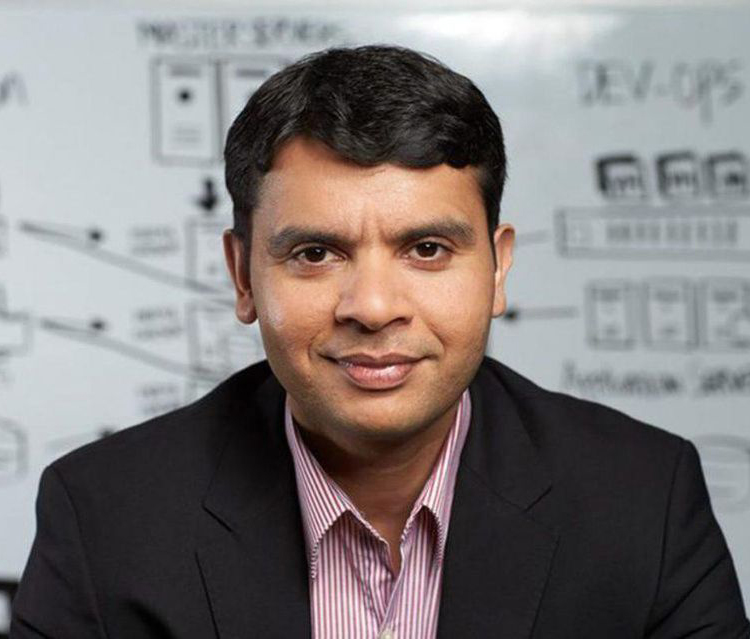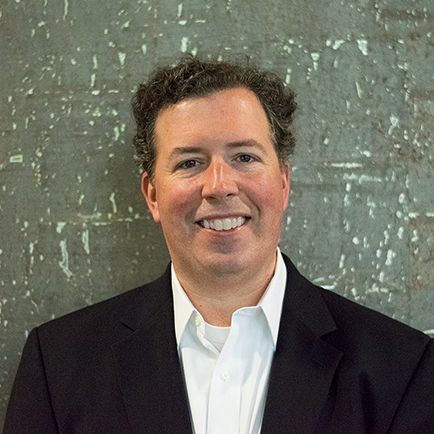
Mohit Aron
Founder & CEO, Cohesity
Many entrepreneurs seem to struggle with following what they are passionate about, versus creating startups just for the money.
Mohit Aron went with passion, co-founded a company that successfully completed an IPO with a valuation of more than $6 billion today, and has raised more than $400 million for a second venture which has already surpassed the billion dollar valuation.
After getting his Ph.D. from Rice University in Houston, Mohit made the move to the Valley. After a stint at Google where he was one of the early employees, he has gone on to create highly impactful ventures that have become a large part of the DNA of our tech today.
In a recent appearance on the DealMakers podcast, he shared his take on following your gut, when to go solo (and not), why you should sleep more, how to incubate a winning startup idea and the algorithm for hiring great leaders (listen to the full podcast episode here).
Mohit was one of Google’s early tech guys and received, as a result, Google shares at $2 per share. He was responsible for managing a team that had the goal of innovating in the file storage space. Selling those shares gave him financial freedom, and refusing just to stay comfortable he ventured out into building companies from the ground up himself.
Mohit takes a very different approach to cultivate startup ideas than most. Rather than jumping on the first idea, running with it and then getting an office, he has taken the time to build the architecture of those ideas and really get clarity before diving in.
For Nutanix, which became one of the early unicorns, hitting a $6 billion valuation and going public, he first rented office space just to develop and crystallize the idea.
Again, avoiding the seductiveness of getting too comfortable, he began working on his next venture, Cohesity, even before his previous company went public. There he repeated the brainstorming process before creating a new tech success, which raised $15 million in Series A funding from Sequoia in just two days.
Cohesity, a modern data management company, empowers enterprises to back up, manage, store and derive insights from their data and apps, has now raised more than $400 million, including $250 million from its latest Series D round. Investors in the company include Accel, Sequoia, Battery, Cisco Investments, Hewlett Packard Enterprise, Google Ventures, Foundation Capital, Trinity Ventures, Qualcomm Ventures, and the SoftBank Vision Fund to name a few.
Cohesity just celebrated hitting 1,000 employees. Mohit has found huge respect for the recruiting process and putting teams of great leaders in place.
He went into Nutanix with cofounders and then went solo on his second venture, a move he only recommends after you’ve had the experience of launching a startup with others.
Still, he admits it was a steep learning curve, especially when it came to hiring. Most notably there is a big difference in hiring technical and business staff. Today, he says if he started a new venture he would raise $1 million, and use the first $300k of that to use an executive recruiter to source three great executives.
Mohit says he learned the hard way on how to hire leaders. Now he uses a three-tiered process that starts with a comprehensive checklist. This outlines who you want from a resume perspective, the type of leader you need for this stage in your company, and the experience they should have. Maybe you want the person coming from a startup. Maybe you want a person who has done zero to $200 billion in revenue before. Then you have a list of candidates that meet your pre-interview checklist.
Then you go through an interview looking for specific things and asking specific questions. One thing you look for in an interview is that this leader is a great people-person and is a great culture fit. Once the person meets at least 80% of the checklist you have formed for the interview, then comes the post-interview checklist.
The post-interview checklist is all about references. Specifically from either people who reported to that leader or people who’ve been peers of that leader, because those are the one who tells you the truth. They will tell you any red flags.
Mohit warns that “when you hire the wrong person, especially when that person is a wrong leader, that sets the company back at least six months if not more. The damage done is immense.”
He believes the body has a way to tell you if something bad is about to happen, and strongly recommends people listen to their gut. If everything else is pointing in one way, but your gut is saying something else, he says listen to your gut. Don’t hire the leader, and go with your gut and look for the next one. Conversely, sometimes the gut says that this is a great hire, and that’s where, as long as they’ve sort of met the checklists and there’s not a huge red flag there, then go with the gut.
Look at their enthusiasm. Look at the person’s willingness to learn. Those bets can be very rewarding.
Mohit no longer does companies for money. He does it for passion. Along the way, he says it ’s also very gratifying to give back. That starts with what you’ve learned. He says “knowledge is free. Knowledge should not be for sale. So, I freely distribute to anyone who comes to me for advice on how to do companies.”
He gives lectures to share this information. The other part of giving is just financially. He’s given to charitable organizations. He and his wife have a structure set up that when they pass away, a bulk of their wealth is actually going to go into a charity.
As a company, his firm gives to a local foundation in San Jose that takes care of providing jobs to young people. He’s also given to Rice University and the Institute of Technology in Delhi which he attended.
He says “life is about giving, and I think giving brings you pleasure. Unlike what people believe, accumulation isn’t always very pleasing, but giving can be very fulfilling.”
He is passionate about how people code. Pang said it is too easy for engineers to feel like their programming is simply work done for someone else. “At the end of the day, coding is an art. Hence it is possible to perfect your craft. If no one was checking your work, would you still add comments, perform all the tests, make it look pretty?”
His advice to current and prospective CS students is to take ownership of their craft and their code, and allow their careers to follow: “Cultivate that feeling of excellence, want to be doing the best you can. Not to get ahead of market and not just because you get a request in your inbox, but because you want the best design for your product, and to do a damn good job at it. Talk with customers, then sit down and write good code.”
This article was originally written by Alejandro Cremades and published to Forbes.


